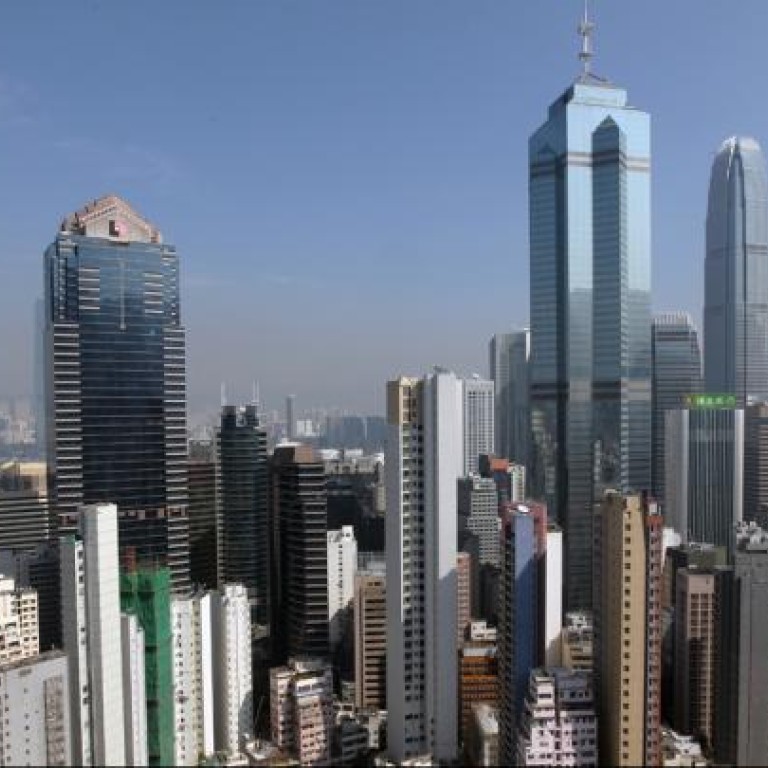
The pain of the squeezed middle class
Michael Chugani reflects on the pain of the rent-paying middle class who look up only to see a future of downward mobility
I am in shock. The person who put me in this state is my landlord who has informed me that my rent will go up by 40 per cent when the lease runs out. He recently bought the place from the previous owner, put me in a temporary flat, renovated mine and now wants to drain my wallet. I had heard horror stories of jaw-dropping rent rises but never thought it would happen to me. Doesn't such madness only involve luxury flats with obscene price tags, not tiny 350 sq ft shoeboxes like mine?
I am not counting on Chief Executive Leung Chun-ying to come to my rescue when he delivers his maiden policy speech this Wednesday, even though his main focus will be on housing. The government has already made it plain it cares only about the rich and the poor. It won't antagonise tycoons and home owners by forcing prices down. It won't tangle with landlords by imposing rent controls. It will help low-income families by building more subsidised homes.
I am not a tycoon, property owner, landlord, or poor person who qualifies for subsidised housing. But I am not rich, either. I am one of those in-between people who must pay tax - unlike the low-income people who don't, and the tycoons who write off theirs - yet is invisible to the government.
Ever since I left my spacious yet affordable US home to return to Hong Kong, I've been on a downward mobility ladder. My shoebox flat kept shrinking as I moved from one to another to avoid ever rising rents, yet my wallet still got thinner and thinner. If you are not rich, poor, or a home owner, you must rely on pay increases to feed the greed of landlords. But, in Hong Kong, the competition is keen between how greedy a landlord can get and how tight-fisted a boss can get. In short, my landlord wants an extra 40 per cent but there is no way my income will rise by 40 per cent. As latest government figures show, median pay has only risen 10 per cent in the past decade.
But all hope is not lost. The downward mobility ladder here is long. Housing undersecretary Yau Shing-mu's words keep ringing in my head. He's the overpaid bureaucrat with an oversized flat who said some subdivided flats are decently subdivided. It was decent of him to point out that such flats are a choice for those sliding down what the government has been calling an upward mobility ladder.
But now that he has praised cubicles of 100 sq ft or so as decent enough even for families, my greatest fear is that speculators will drive up prices like they did with car park spaces after the government imposed measures to cool the property market. Subdivided cubicles are already not cheap. Some are pricier per square foot than luxury homes.
But, again, all hope is not lost. Further down the mobility ladder are the so-called coffin homes and caged beds. As our previous chief executive, Donald Tsang Yam-kuen said, every Hongkonger has a roof over his or her head even though we have 1.2 million poor people. My other alternative is to organise a protest march of angry renters. If not enough people turn up, we can always inflate the figure like other protest organisers do. If we inflate them enough, maybe Leung will take notice.

